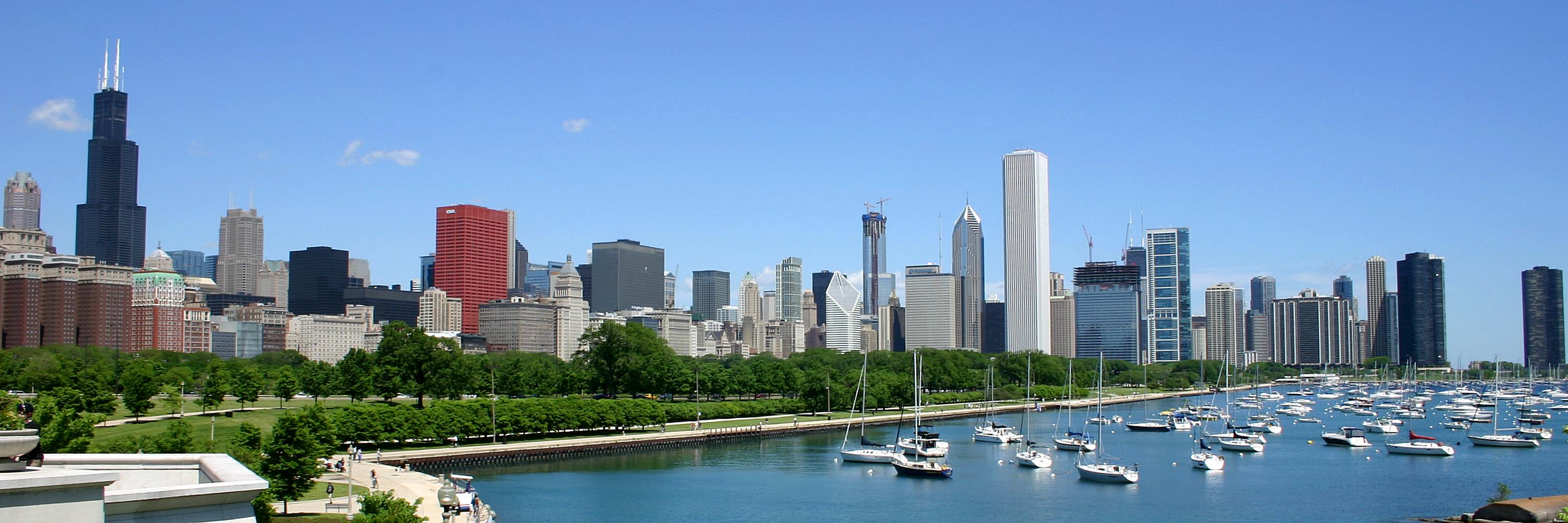As I read Rachel Shteir’s book review of The Third Coast about Chicago, many emotions emerged. The overriding emotion was indignation. This woman must be a New Yorker! New Yorkers are quick to tell you what is wrong with other places, but never see a failing in their own rat infested apple. Many Chicagoans took offense and made it known.
Ms. Shteir did not say anything I had not thought. Her sin was twofold: (1) she verbalized it; and (2) worse she is not a Chicagoan. It is like having Lady Catherine deBourgh point out the disposition of Lydia Bennett in Pride and Prejudice. I thank you Ms. Shteir to gloat over us from afar and keep your condolences to yourself. As Ms. Shteir describes, I am one that desires to be “regular” and values “the process as important as the product.” I am a pragmatic, sarcastic, cynic so I do not idealize my hometown, being intimately aware of its faults and virtues. Yet, her “poor Chicago” refrain struck a nerve. She is like Mr. Collins coming to tell us how news of Lydia has spread and “who shall associate with a family with such connections.”
When I moved to NYC, New Yorkers first question surprised me. “Is Chicago just like New York?” Nothing is like NYC. It is often imitated, but never duplicated. Compared to NYC, the moniker Second City fits Chicago. It is the Midwest, heartland. The moniker sometimes brings out the Jan Brady in Chicago. We long for attention as a global city. Unfortunately, that usually comes from infamy (Capone, 1968, number of politicians residing in Camp Fed). However, we have had some shining moments: 1893 World’s Fair, Harold Washington, the 1985 Super Bowl Shuffle Champions, Michael Jordan, Oprah, and Obama!
Our latest moment of glory came marred in machine politics. Obama is the nontraditional Chicago politician, no native son. For if Obama was a real Chicagoan, the machine would have prevented his ascent having no real connections to political clout. That was his genius. He worked on the periphery of the machine, paying homage, but not appearing to be a threat. The machine did not foresee Obama. His meteoric rise as the first African American president was an opportunity to showcase Chicago in a positive light. What should have been a crowning moment for the Second City turned into a soap opera as Blagojevich aired every skid mark of Chicago’s dirty laundry in public.
Recently, I wondered whether Rahm regretted leaving the White House to become mayor of Chicago. Daley left Rahm a Chicago in economic disarray, a broken educational system (thanks Arne Duncan), and a fractured police department (Daley’s connection with police torture under Burge finally came to light in his last term). Now sweet home Chicago is a battleground. If the gang violence does not harm you, flash mobs (not the dancing kind) accosts visitors and residents alike on the Magnificent Mile of all places.
Ms. Shteir’s “actually ‘poor’ [Chicago] seems kind” throws salt in the wound. Insult is added to injury with “so Chicago is not Detroit, not yet..as if hot air could prevent Chicago from turning into Detroit.” She says she’s no Liebling, yet writes “you can tell this book is written for people who live in Crook County…instead of those on the coasts.” Her compliments come across as back handed insults. She critiques Steinberg for “think[ing] that Chicago’s grungiest corners should be preserved exactly as they are.” New Yorkers lament the Disney-esque gentrification of Manhattan and wax nostalgic for the grimier Times Square as tribute to its character of a concrete jungle. No one critiques NY. Ms. Shteir’s comments hurt because they are true. They are biting because in addition to being compared to Detroit, she made Chicago the recipient of east coast pity. Poor Chicago indeed.
